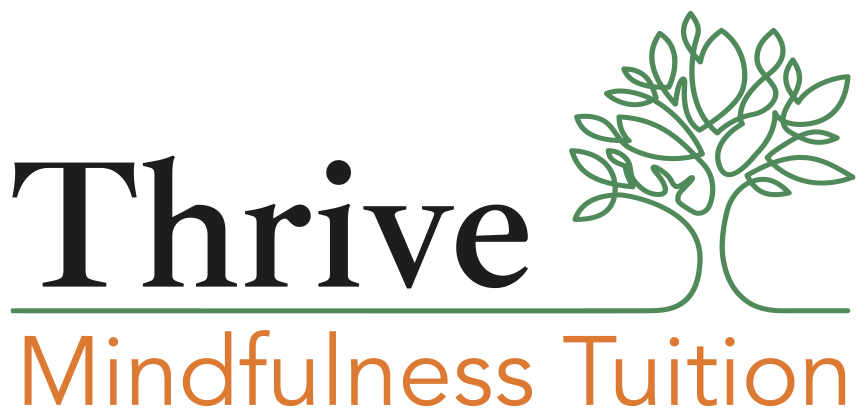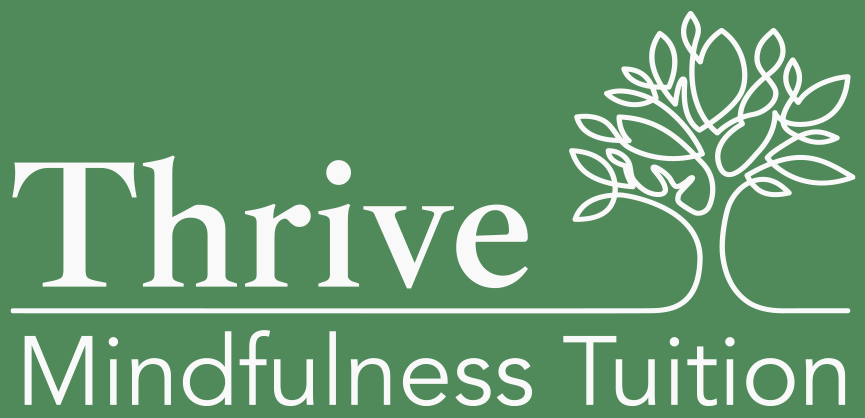Mindfulness-based Cognitive Therapy for Life (MBCT-L)
Who is it for?
This course is intended for those wishing to enhance their general physical and mental wellbeing. It is suitable for you if:
• You are new to mindfulness
• You have tried mindfulness before – perhaps listened to an app or read a book – and you want to experience doing a course in a group or 1-to-1, led by an experienced teacher
Entry Requirements
You are eligible to attend this course if you:
• Can commit to attending all 8 sessions of the programme and the day of practice
• Have both the time and motivation to dedicate up to 45 minutes of personal
practice each day
• You are over 18 years of age
• You are able to speak and understand the English language (both spoken and written) to a level where you can fully take part in the course without the need for additional translation support.
Description
Mindfulness for Life (sometimes referred to as MBCT-L) is a course designed to cultivate mindful awareness of our body, emotions and mind so that we can live our lives with a greater sense of wellbeing, kindness and resilience. It is an evidence-based course, developed in the light of research at Oxford University and other leading research centres.
It has two main intentions: to offer you some skills to meet life’s challenges and difficulties, both internal and external; as well as skills to develop more awareness and appreciation of the pleasant moments in life that we can often overlook. In other words, to respond more skilfully to all of life’s inevitable ups and downs.
This course is not being offered as a treatment for any specific physical or psychological conditions. Please do not sign up for this training if you are currently experiencing severe problems in these areas.
The course includes a longer Day of Practice, usually held towards the end of the course. This is an opportunity to deepen practice and, whilst an invaluable learning experience, does not form part of the core teaching.
What will I do on this course?
On this course you will:
• Attend 8 weekly sessions lasting 2 hours and 15 minutes. The first session is 2 hours and 30 minutes
• After Session 6, there is also a ‘Day of Practice‘– usually 5 hours – which revisits
practices introduced in the course and introduces some new practices
• This is a structured course where each session builds upon what has been
introduced before. This is why it is important to attend all the sessions
• You will be in a group of up to 12 people, led by an experienced mindfulness teacher
• Each session will have guided and structured meditation practices. Many sessions also have exercises drawn from modern psychology
• Each practice or exercise is followed by a review of what you and/or other
participants experienced or discovered in that practice/exercise. This review does not include a discussion of participants’ past history
• Each session is followed by suggestions for personal practice of up to 45 minutes. This includes both recommended guided practices, and also ways to cultivate new
habits of mindfulness in everyday life
• Each session (except the first) includes a review of the previous week’s personal
practice
• You will be given a detailed course manual and access to guided audio practices to support each session
Learning Outcomes
• How to ‘stabilise the attention’: to recognise mind wandering and ‘autopilot’, and how to bring the attention back to where we want it to be – with interest, patience, and care
• Learning more about two different ways of being and knowing: through direct experience and through thinking. Understanding more about how the mind creates meaning
• Learning to recognise our patterns of reactivity and how trying to get rid of distress may actually keep us stuck
• Bringing a sense of care and kindness to ourselves in those moments of distress and reactivity
• Using mindfulness to respond skilfully, not react – in ways that support the
wellbeing of ourselves and of others around us
• To ‘step back’ a little from our direct experience so that we can see it more clearly, and so choose a kinder response
• Building what we have learnt into our everyday lives
What happens after I complete the course?
• You will be invited to give your feedback – this is not compulsory.
• In the final session you will be given information about ways to carry your practice
forwards if you wish to do so
• You will be invited to give your feedback – this is not compulsory.

